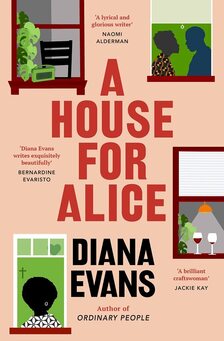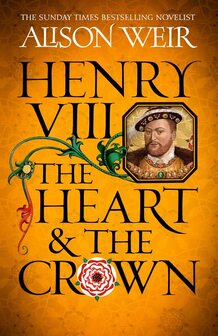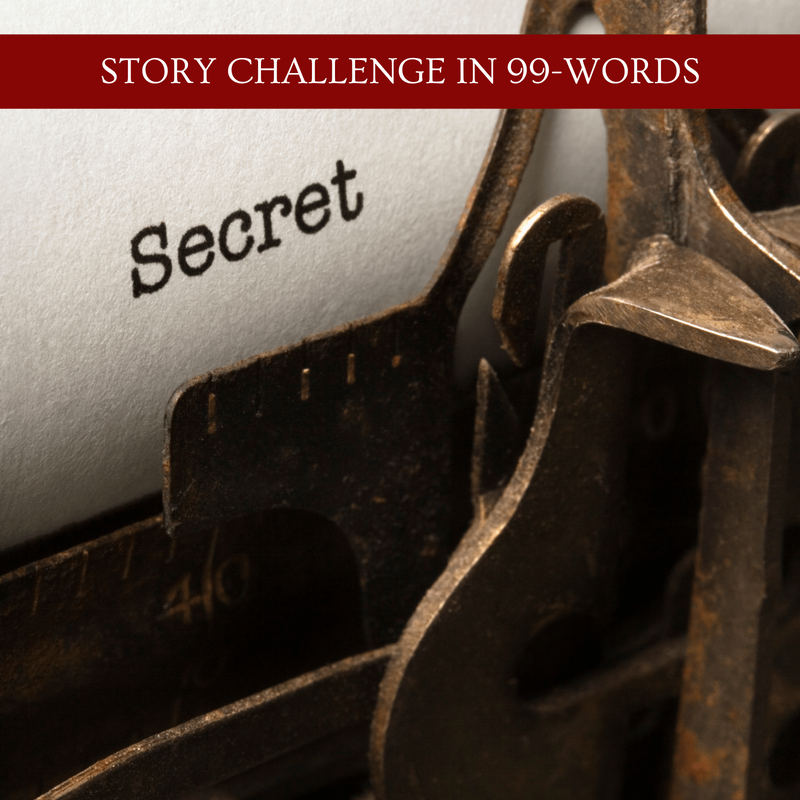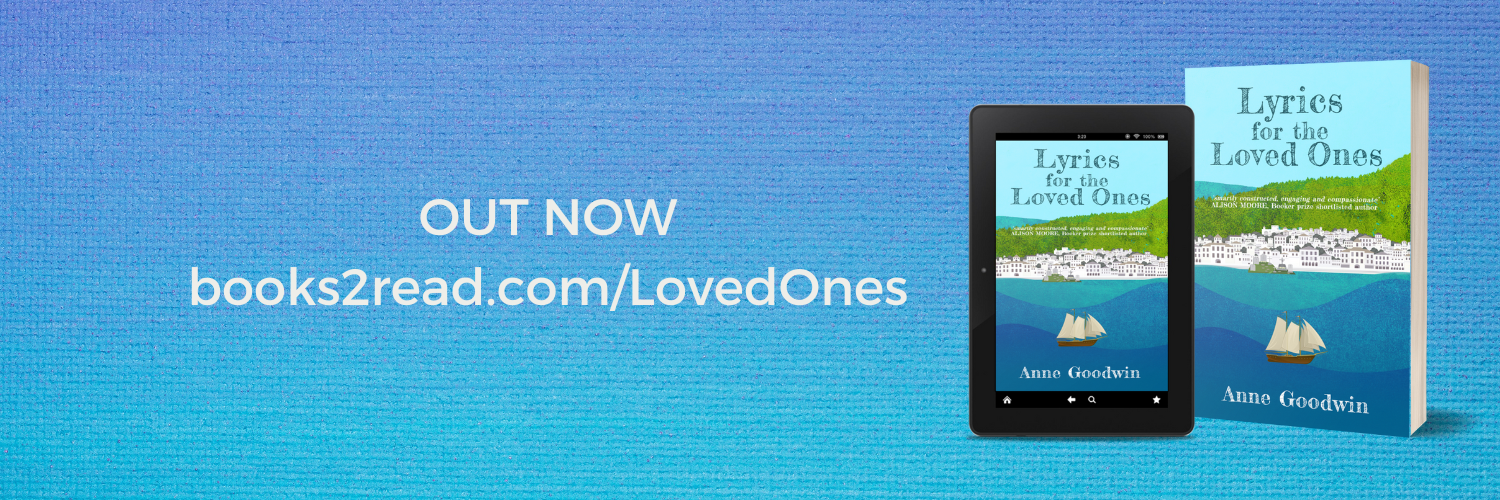A House for Alice by Diana Evans
Wow! This opening section is brilliant: powerful prose; a fabulous character in Cornelius (even though, of course, he has to die); a great exposé of the immorality of contemporary British politics which views the lives of the poor – especially the immigrant poor or those of non-European heritage – as dispensable. Even though I struggled to differentiate the daughters, I felt excited. This might be the best novel I’d ever read.
But then Part Two introduced another family, only marginally connected to Alice and Cornelius’s brood. When I checked, I discovered these ‘new’ characters are key players in the author’s previous novel, Ordinary People, but not having read that I failed to engage. And, despite the gorgeous language, I never entirely reconnected, even when we get to follow Alice on a visit to Nigeria to survey the building work.
Still, the politics: not only the tragedy of Grenfell and Brexit but a nod to the Windrush scandal (p238) – so far, my novel, Lyrics for the Loved Ones, is the only place I’ve found this in fiction. Less kudos for yet another dodgy fictional therapist: this CBT practitioner who seems unfamiliar with the term cognitive and feels fine about sharing her personal life. (This might have been meant to be funny, but not to me.)
Sadly not my favourite read of this century, but I’d still recommend it for the first section alone. Published by Chatto and Windus, I bought my own copy.
Henry VIII The Heart & the Crown by Alison Weir
Although perhaps my preconceptions were unconscious? And derived not from novels but from the various fictions I’ve absorbed about this most infamous of royal philanderers. Certainly, I was surprised how sympathetic he seemed initially. Yes, he was a narcissist. Yes, he’d rather hunt and play sport than attend to matters of state. But he genuinely loved at least two of his wives and wanted to live a moral life.
I started reading this on the eve of the coronation and the novel – albeit slightly – made me more interested in contemporary royalty. Like our own Prince Harry, Henry is the spare rather than the heir … until his brother dies. But, in character, he reminds me more of a recent Prime Minister, Boris Johnson, a populist ruler more attracted to the idea of holding the highest office than the practicalities of the position.
Apart from one, where he feels duped, Henry tries to make his marriages work initially. But the pain of miscarriage and infant death, coupled with fear of doubts about his virility and the pressure to produce an heir take their toll. Bad advice, disappointment and an unrealistic standard of womanhood conspire to push him to look for an escape. And, once released from one marriage, with the clock ticking and his health failing, he is more inclined to do it again.
I found this a convincing character study and an absorbing read. Thanks to publishers Headline Review for my proof copy.
| There are lots of secrets in politics – or are they lies? Especially during the pandemic, which is where I’ve gone in my 99-word story about two people involved in a secret. It should have been easy to write given that it’s based on a scene from my newly-published novel, Lyrics for the Loved Ones, but I struggled and I’m not so happy with the result. What do you think? |
“You won’t tell anyone?” Beneath her surgical mask, Denise’s face was flushed.
“Why would I blab about it?” said Irene. “It was my idea.”
“But I’m in charge,” said Denise. “I could go to jail.”
“Now you’re being paranoid.”
Denise refreshed the website. The numbers grew before her eyes. “What choice have I got?” The care home couldn’t afford those prices. But they couldn’t scrimp on PPE. And Matty had money to spare.
“It’s an emergency,” said Irene. Creative accounting, not stealing: Covid revised the moral code. Who knew when knowing the boss’s secret might save her own skin?

























 RSS Feed
RSS Feed





















